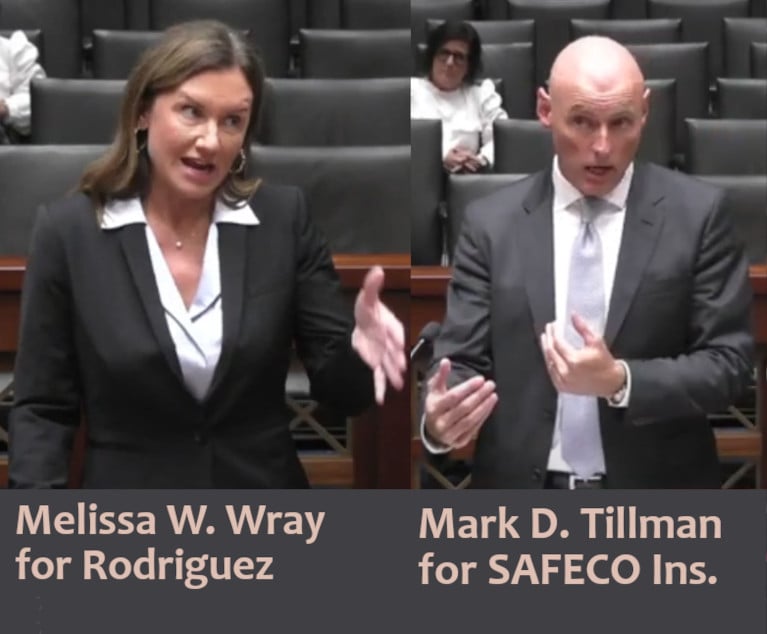Texas is making waves due to its new anti-sexual harassment laws, effective Sept. 1. Gov. Greg Abbott (R) recently signed the two bills, SB 45 and HB 21, into law. SB 45 expands employer and individual executive liability for sexual harassment claims, and HB 21 lengthens the statute of limitations from 180 days to 300 days. This article explores these new laws, the potential impact on employers, and recommendations for best practices.
Overview and Potential Impact of SB 45 and HB 21
Although no judges have interpreted the laws yet, the four major potential areas of expansion of liability are described below.
- All employers are covered. An employer is defined as one who employs “one or more employees.” This is a significant expansion of liability from the current standard, under which employers with fewer than 15 employees are not covered. Thus, small businesses and even families employing domestic help are encompassed within these laws.
- The new Texas Sexual Harassment Act potentially creates individual liability for managers. An employer is also defined as someone who “acts directly in the interests of any employer in relation to an employee.” Texas has never before had express statutory liability for individual managers or executives for harassment claims.
- The new act potentially creates liability for failing to take action quickly after a report of sexual harassment. An “unlawful employment practice” occurs if there is sexual harassment of an employee “and the employer or employer’s agents or supervisors (1) know or should have known that the conduct constituting sexual harassment was occurring; and (2) fail to take immediate and appropriate corrective action.” Thus, under a negligence standard, a supervisor may be held personally liable for an employee’s actions if he fails to take immediate corrective action.
- The new act lengthens the statute of limitations from 180 to 300 days. Again, no courts have interpreted these laws yet. While other states (like California, Connecticut, Delaware, Illinois, Maine, New York and Washington) have adopted statutes that prohibit sexual harassment in the workplace and require certain employers to provide anti-harassment training, only a handful of states (such as California and New York) have gone as far as Texas to hold individual employees liable for harassment claims.


 (L-R)Margaret Hope Allen (Partner) and Tiffanie N. Limbrick (Senior Associate) in Sidley Austin LLP’s Commercial Disputes and Litigation Group. Courtesy photos
(L-R)Margaret Hope Allen (Partner) and Tiffanie N. Limbrick (Senior Associate) in Sidley Austin LLP’s Commercial Disputes and Litigation Group. Courtesy photos




